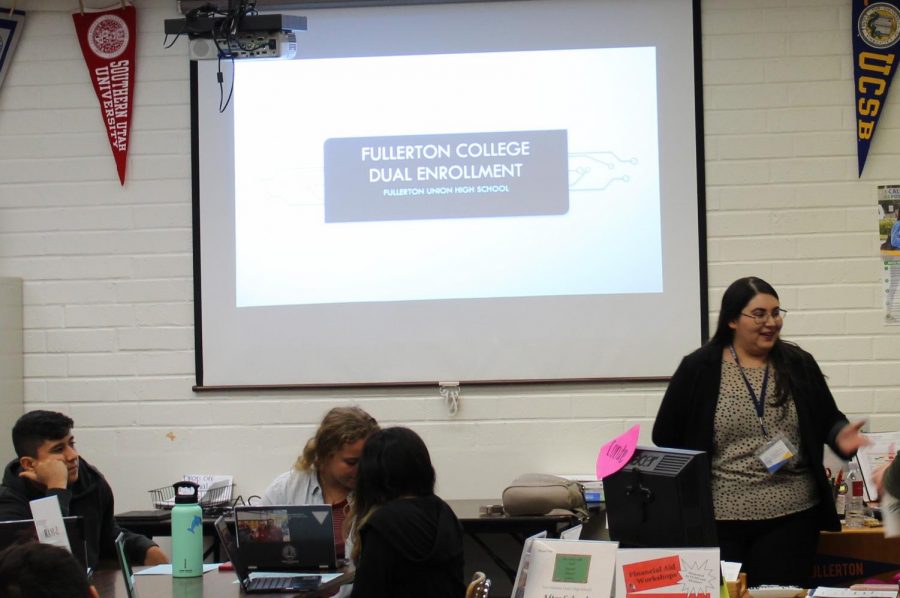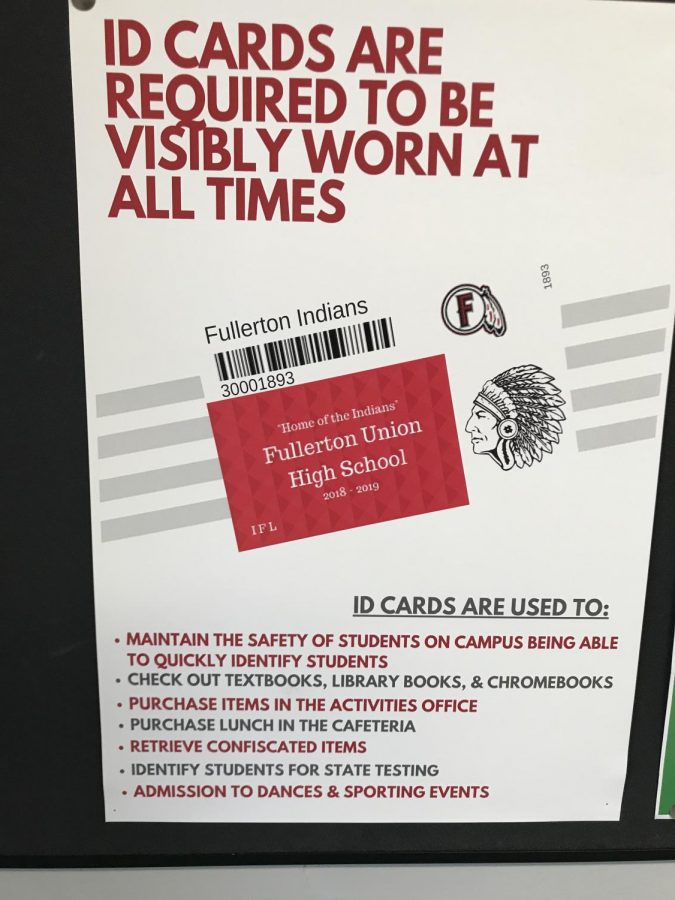Reading acts as an opportunity to improve oneself, in ways others might never achieve without actual life experience.
By reading, you’re gathering more knowledge. Take pride in that knowledge and expand it by reading even more.
This knowledge can even help you in times of stress or even times of peril. A good example of knowledge saving a life would be about what kinds of snakes are venomous and which aren’t. That’s important if one comes across a snake while on a hike and bitten for example. Another example would be how to properly treat certain wounds when someone’s been injured and there’s no sign of help.
Reading on your own also provides you with an opportunity to learn something that the high school education system can’t teach you. It’s learning on your own terms—without the worries of a bad grade or a test on the book the next week—that is important and allow you to expand your knowledge.
Moreover, reading benefits in ways you never might have realized.
Reading builds critical thinking skills while gaining stronger analytical skills. Many activity books such as brain teasers, crosswords, and even textbooks, challenge the readers by making them think deeply about the processes of problem-solving. Critical thinking remains an absolute necessity in the professional field of any workplace.
A person’s empathy can increase through reading. According to author Sunil Yapa, “Empathy is a profound act of imagination and human connection. In fiction, we imagine ourselves into other people’s experiences. Of course, another word for that is ‘reading.’” Empathy remains an important trait in today’s society, so the ability to connect with others help form strong bonds and understand one another in times of turmoil.
The impending process of Alzheimer’s and dementia can be slowed or prevented through reading. The Alzheimer’s Foundation researched that “mentally challenging tasks help to maintain and build brain cells and connections between brain cells. Later in life, these connections help to compensate for damage to the brain caused by Alzheimer’s and dementia – or just plain old age – thereby helping to preserve memory and thinking skills.”
A report done by the University of Sussex concluded that, “… reading can reduce stress by up to 68%. It works better and faster than other relaxation methods, such as listening to music or drinking a hot cup of tea.” Reading also acts as a way to escape the struggles, dramas, and the mundane challenges life throws your way.
Look, just read. Visit the school library and check something out. If the first book doesn’t satisfy you, read a different book from a different genre. Keep exploring for what interests you, and keep reading what you enjoy.







